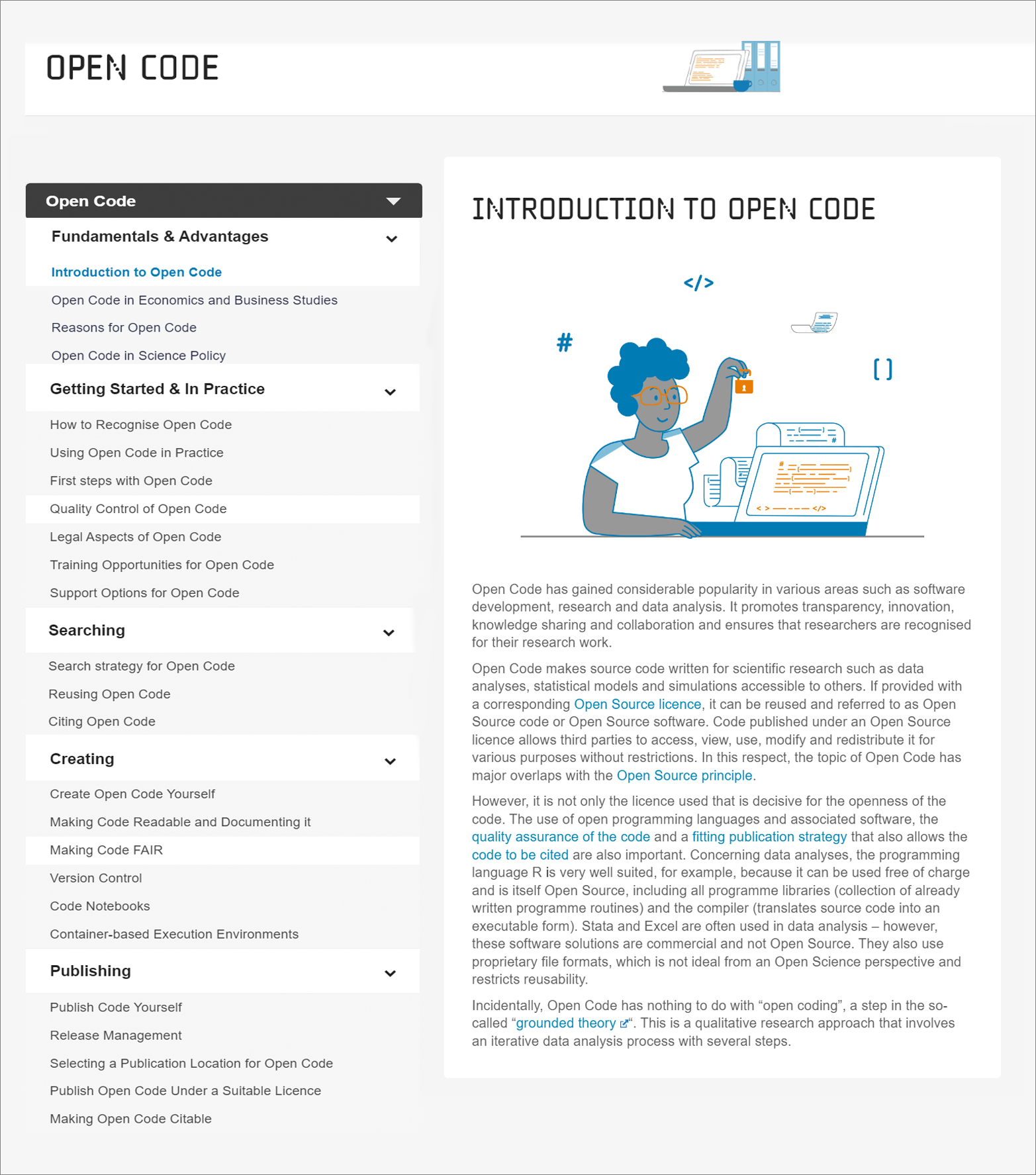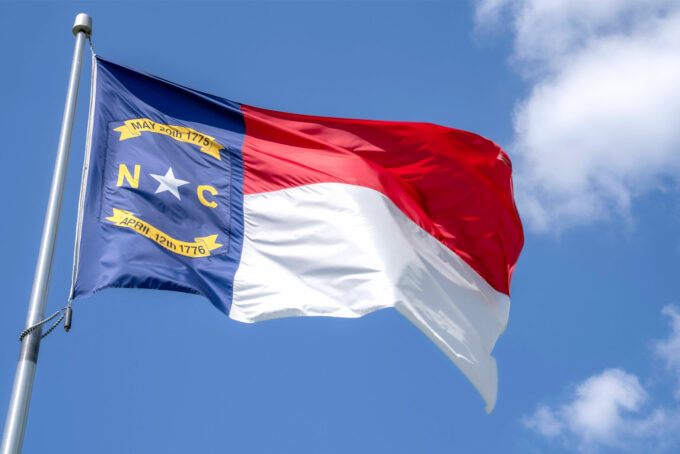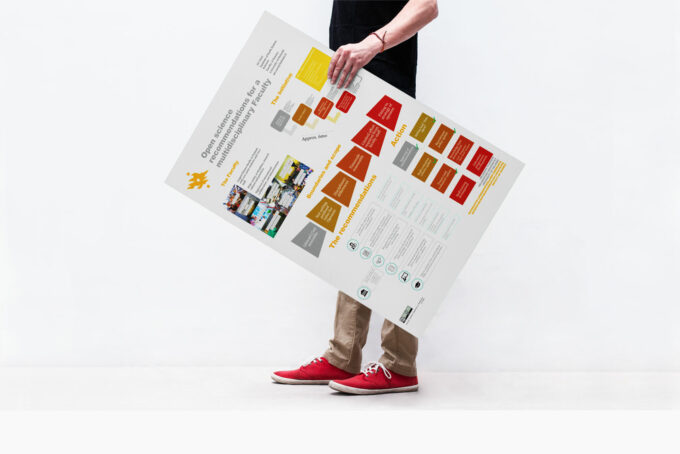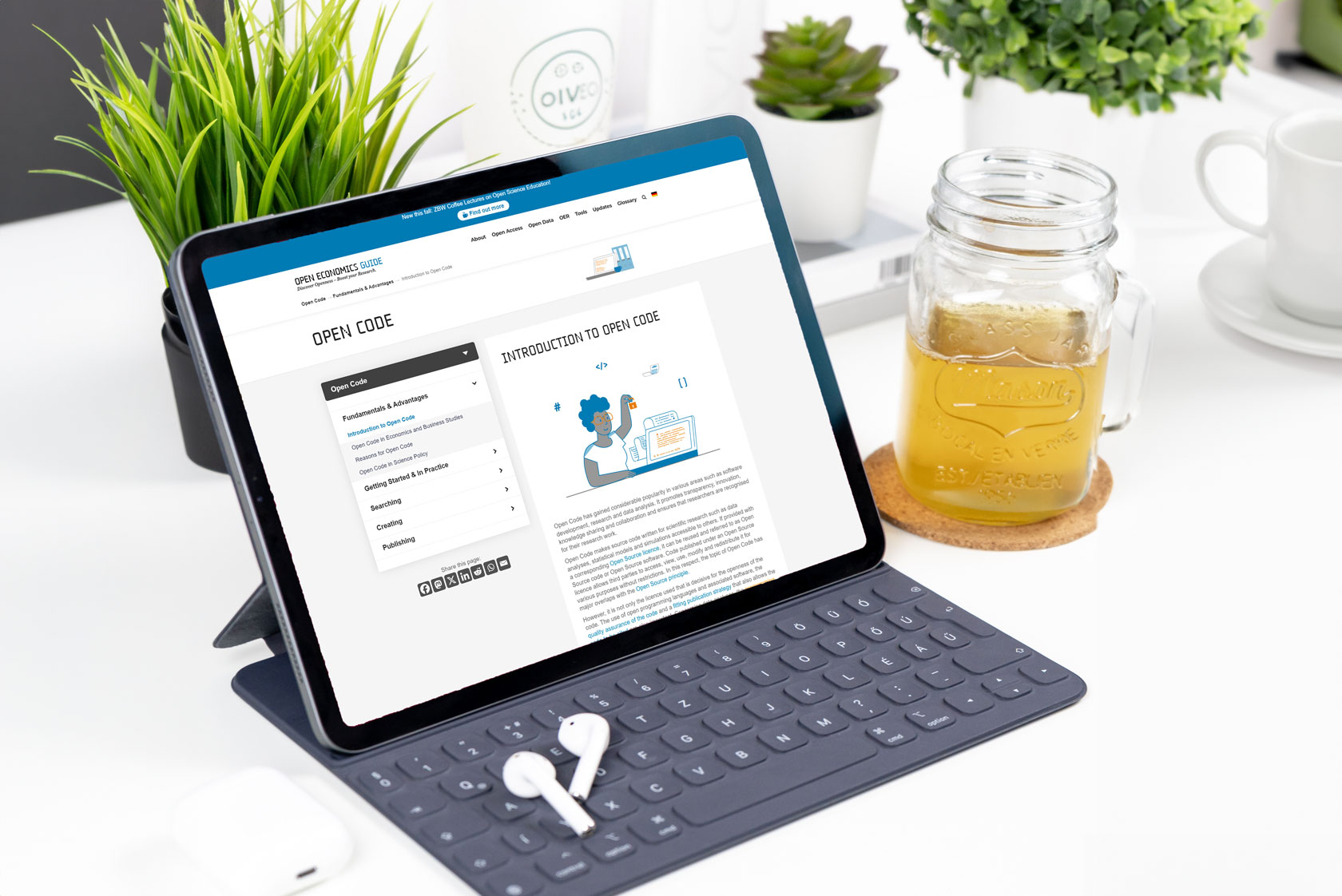
Open Code: New Topic Area in the Open Economics Guide
How can Open Code be reused or cited? What can the first steps with Open Code look like? Questions like these are answered in a new section of the Open Economics Guide on Open Code. The guide offers researchers in Economics and Business Studies support in their Open Science practice. As all content is CC-licensed, it is available for reuse.
by Birgit Fingerle

The free ZBW Open Economics Guide offers economic researchers (but also researchers from other disciplines) practical help and tips on how to organise their research openly. It provides them with suitable methods and tools that they can easily and quickly integrate into their day-to-day research so that they can practise openness independently and successfully after a short time and thus promote their academic career. The central online contact point for business researchers on the topic of Open Science has now been expanded to include Open Code – and thus now covers all key areas of Open Science.
Open Code makes source code written for research such as data analyses, statistical models and simulations accessible to others. If it is provided with an appropriate Open Source licence, it is reusable and allows third parties to access, view, use, modify and redistribute it for various purposes without restrictions.
Through its accessibility, Open Code promotes transparency and the exchange of knowledge in science. It recognises the achievements of researchers and enables in-depth understanding and critical review of methods and results. This openness strengthens the reproducibility of research work by facilitating the verification and further development of existing findings. For this reason, the accessibility of code is also increasingly being demanded by journals. In addition, Open Code promotes collaborative research and minimises redundant efforts in the research community.
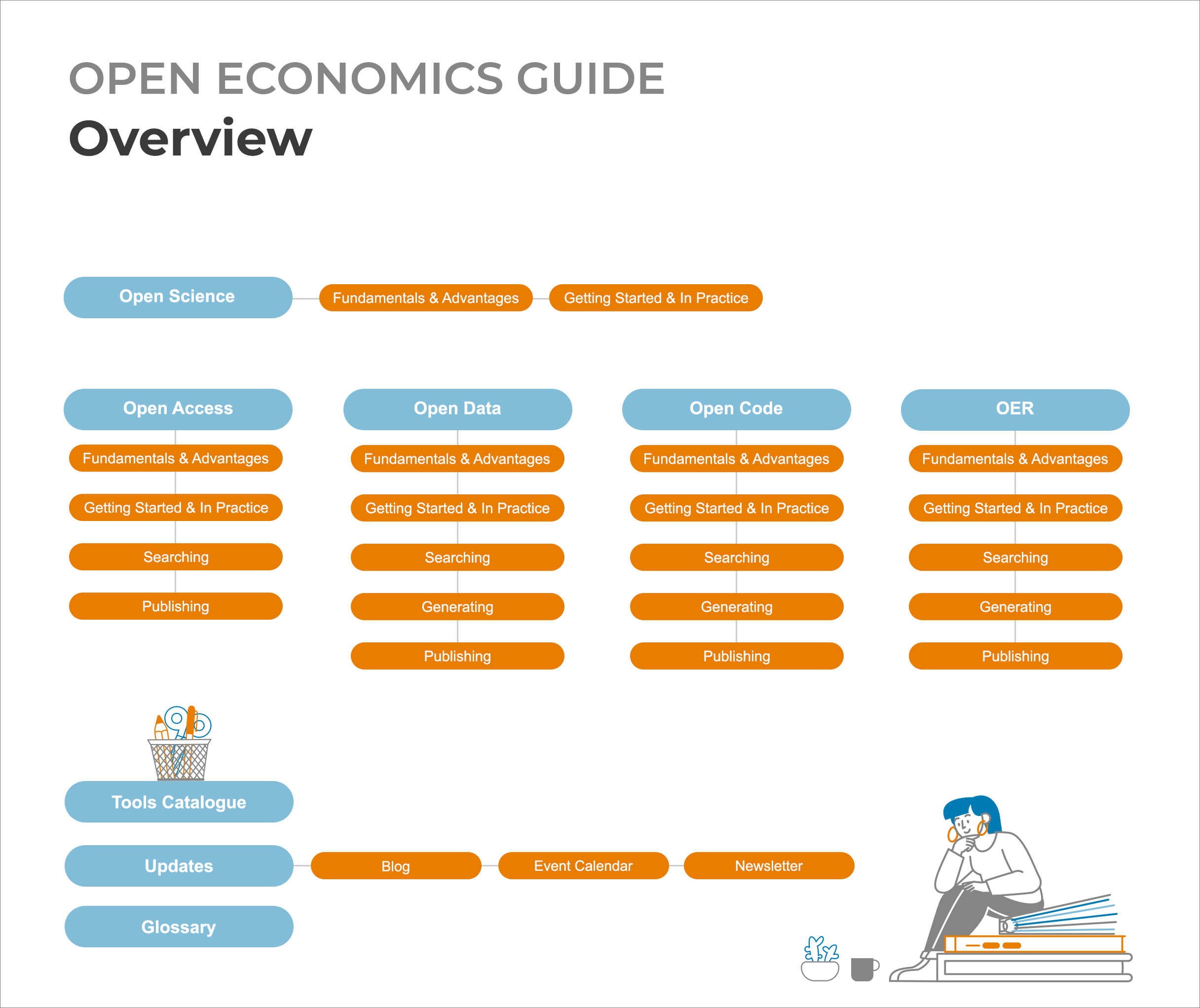
The new content:
The Open Economics Guide now contains information about searching, creating
and publishing Open Code. The new section allows you to ask in-depth questions about these areas, among others:
- How to recognise Open Code
- What the first steps with Open Code can look like
- What a search strategy for Open Code can look like
- How to reuse Open Code
- How to cite Open Code
- How to create Open Code yourself
- How to publish Open Code under a suitable licence
Following introductions to Open Science, Open Access, Open Data and Open Educational Resources, the new topic area is the fifth thematic focus of the ZBW’s Open Economics Guide. The platform also offers an extensive and constantly growing catalogue of free Open Science tools and an event calendar. You can also subscribe to a regular newsletter.
Get started now and find out about background information, tips and tools on Open Code in the Open Economics Guide that might be helpful for your purpose!
This text has been translated from German.
Birgit Fingerle holds a diploma in economics and business administration and works at ZBW, among others, in the fields innovation management, open innovation, open science and currently in particular with the “Open Economics Guide”. Birgit Fingerle can also be found on LinkedIn.
Portrait, photographer: Northerncards©
View Comments
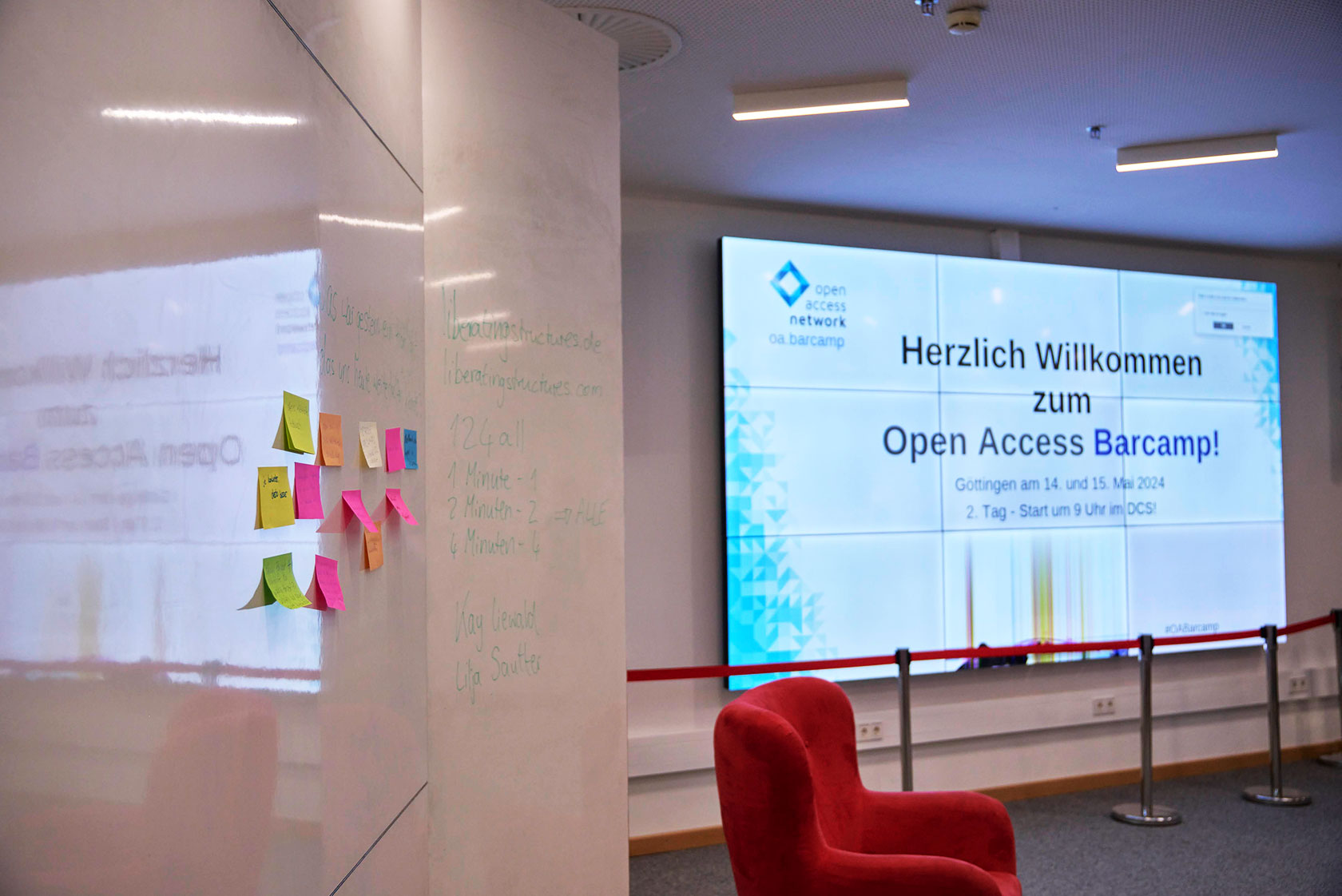
The Open Access Barcamp 2024: Community, Exchange and Reflection
How can communication with researchers about Open Access be optimised? Which new...

